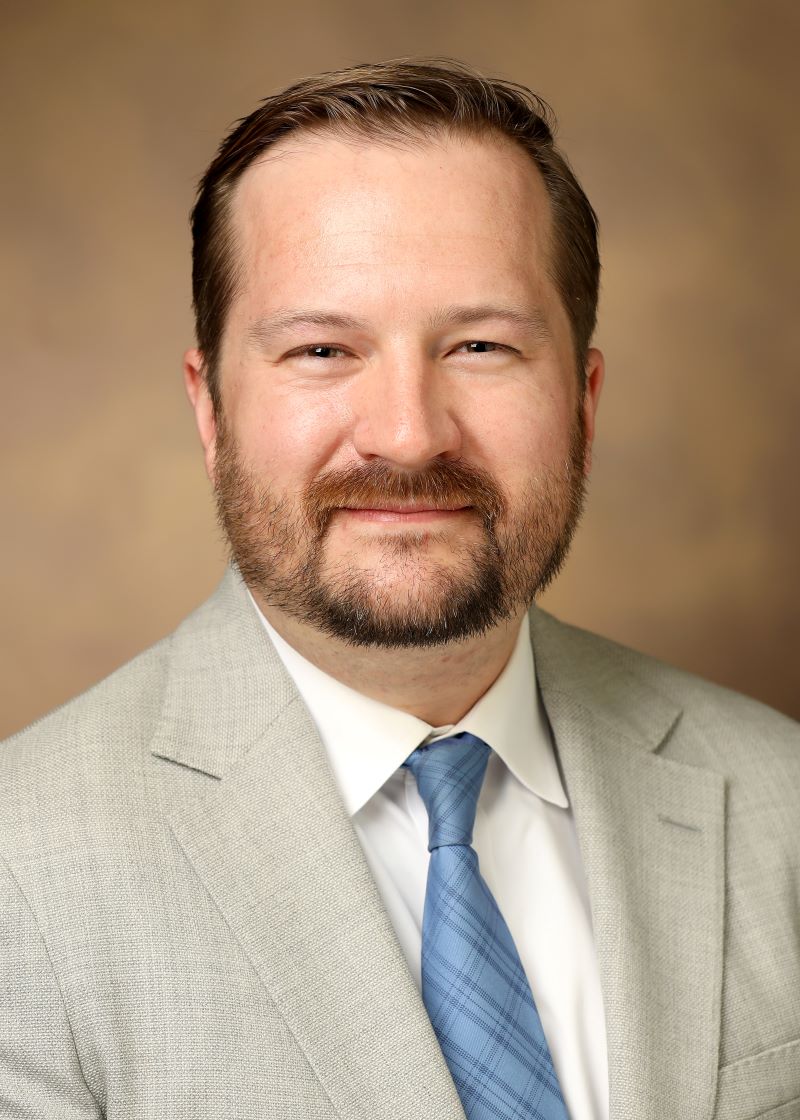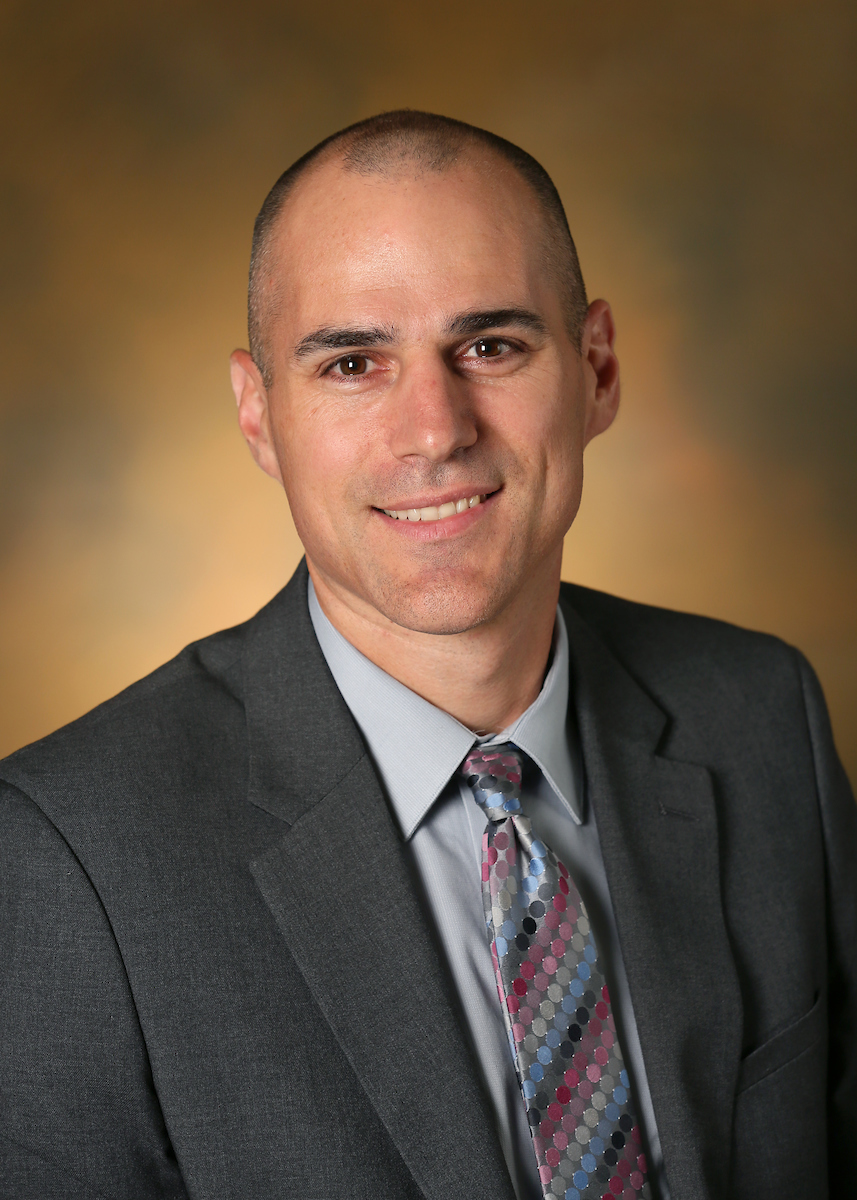Training expert interventional pulmonologists with strong academic credentials
The Division of Allergy, Pulmonary and Critical Care Medicine at Vanderbilt offers a one-year Interventional Pulmonology Fellowship program. The goal is to produce expert interventional pulmonologists with strong academic credentials, preparing them for a successful career in Interventional Pulmonology.
Interventional Pulmonology is a subspecialty of pulmonary and critical care medicine that focuses on the evaluation and management of thoracic diseases primarily involving the airways, lung parenchyma, and pleural space, with focus on minimally invasive diagnostic and therapeutic procedural skills beyond the scope of standard pulmonary medicine fellowship requirements.

Watch the video to learn more about the VUMC Interventional Pulmonology Fellowship Program.
Subspecialty expertise
This fellowship will provide advanced training after completion of a standard fellowship in pulmonary and critical care medicine to allow fellows to acquire competency in the subspecialty with sufficient expertise to act as an independent consultant and expert provider of complex and advanced interventional procedures.
Program Leadership

Robert Lentz, MD
Assistant Professor of Medicine
Director, Interventional Pulmonology Fellowship Program

Fabian Maldonado, MD, MSc
Professor of Medicine
Associate Director, Interventional Pulmonology Fellowship Program

